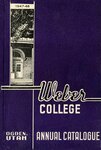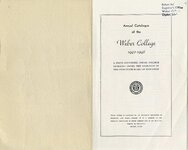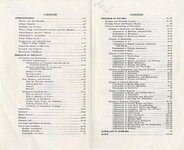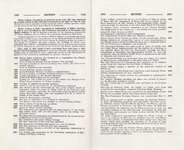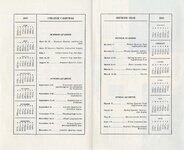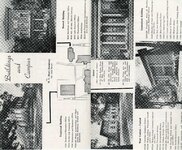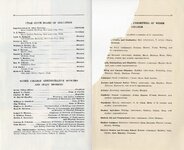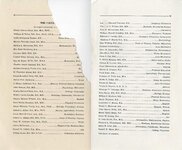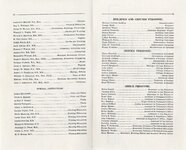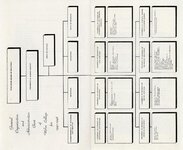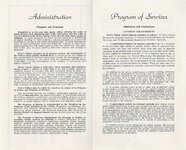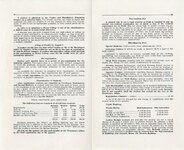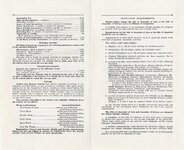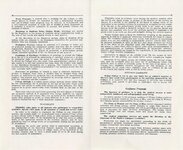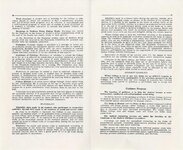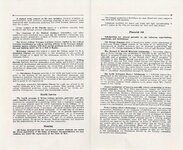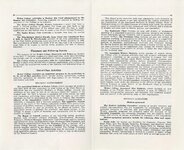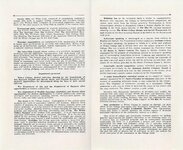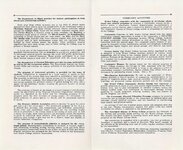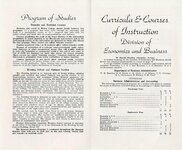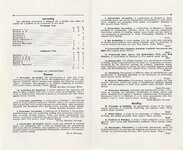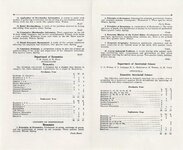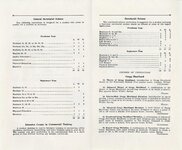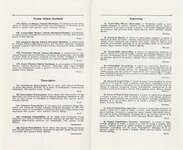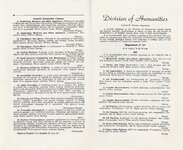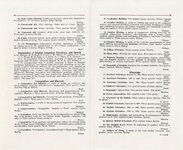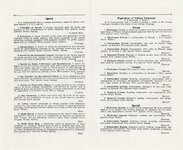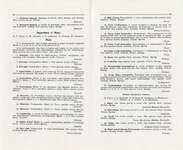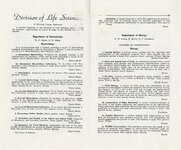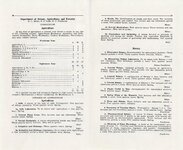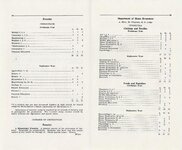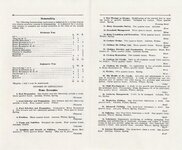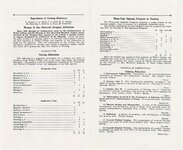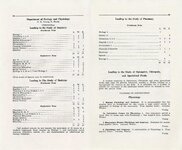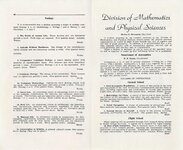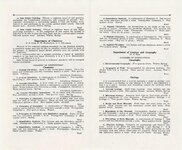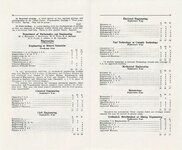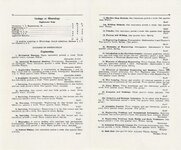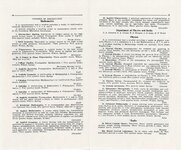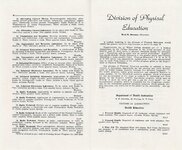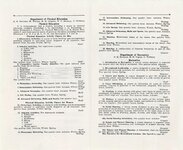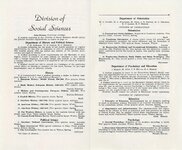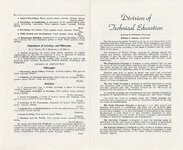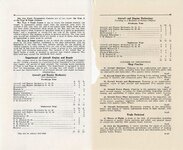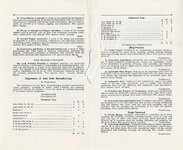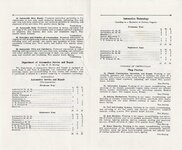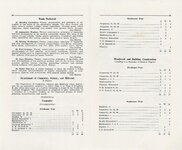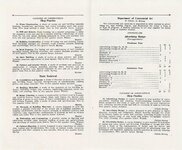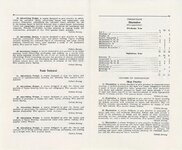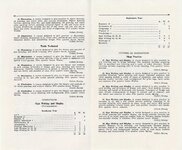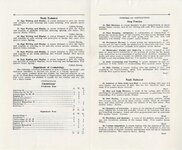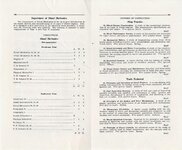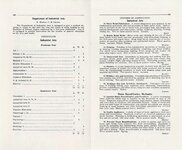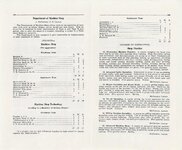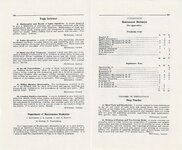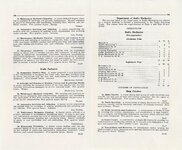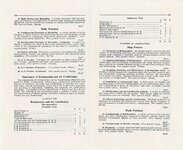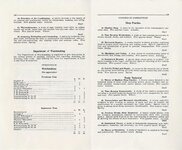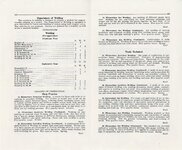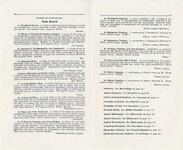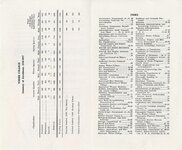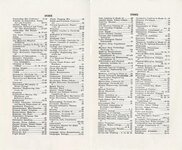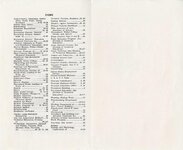| Title |
1947-1948 Catalogue of the Weber College |
| Creator |
Weber College |
| Description |
This collection consists of copies of annual catalogs issued by Weber College from 1922 to 1963. The college was affiliated with the Church of Jesus Christ of Latter-day Saints until 1933, when it was turned over to the state. |
| Subject |
State boards of education; Universities and colleges--Curricula--Catalogs; Faculty; Ogden (Utah); Weber College |
| Digital Publisher |
Stewart Library, Weber State University, Ogden, Utah, USA |
| Date Original |
1947; 1948 |
| Date |
1947; 1948 |
| Date Digital |
2014 |
| Item Description |
5.6 X 8-11 X 8 inch |
| Conservation Notes |
paperback book |
| Type |
Text |
| Conversion Specifications |
Archived TIFF images were scanned with an Epson Expression 10000XL scanner. Digital images were reformatted in Photoshop. JPG and PDF files were then created for general use. |
| Master Quality |
300 PPI |
| Language |
eng |
| Rights |
Public Domain. Courtesy of University Archives, Stewart Library, Weber State University |
| Source |
LD 5893.W5C3 Weber State University Archives |
| Format |
application/pdf |
| ARK |
ark:/87278/s6e48a08 |
| Setname |
wsu_cat |
| ID |
19921 |
| Reference URL |
https://digital.weber.edu/ark:/87278/s6e48a08 |
| Title |
020_Pages 38 and 39 |
| Creator |
Weber College |
| Description |
This collection consists of copies of annual catalogs issued by Weber College from 1922 to 1963. The college was affiliated with the Church of Jesus Christ of Latter-day Saints until 1933, when it was turned over to the state. |
| Subject |
State boards of education; Universities and colleges--Curricula--Catalogs; Faculty; Ogden (Utah); Weber College |
| Digital Publisher |
Stewart Library, Weber State University, Ogden, Utah, USA |
| Date Original |
1947; 1948 |
| Date |
1947; 1948 |
| Date Digital |
2014 |
| Item Description |
5.6 X 8-11 X 8 inch |
| Conservation Notes |
paperback book |
| Type |
Text |
| Conversion Specifications |
Archived TIFF images were scanned with an Epson Expression 10000XL scanner. Digital images were reformatted in Photoshop. JPG and PDF files were then created for general use. |
| Master Quality |
300 PPI |
| Language |
eng |
| Rights |
Public Domain. Courtesy of University Archives, Stewart Library, Weber State University |
| Source |
LD 5893.W5C3 Weber State University Archives |
| Format |
application/pdf |
| Setname |
wsu_cat |
| ID |
31637 |
| Reference URL |
https://digital.weber.edu/ark:/87278/s6e48a08/31637 |

